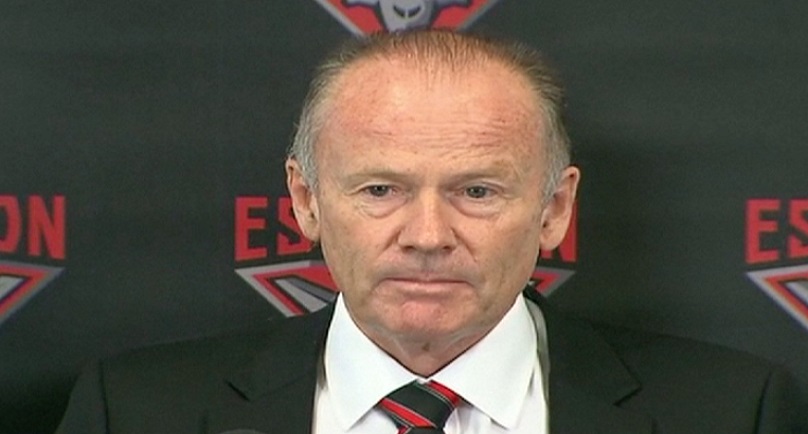The Court of Arbitration for Sport upheld an appeal brought by the World Anti-Doping Agency against a decision in March which cleared the players of taking a banned supplement during the Australian Football League’s 2012 championship season.
The 34 players concerned are sanctioned with a period of ineligibility of two years, commencing on 31 March 2015, with credit given for any individual period of ineligibility already served.
The decision leaves Melbourne-based Essendon without 12 of their listed players and effectively hobbled for the entire 2016 season of AFL.
In Australia’s biggest doping scandal in domestic sport, Essendon were heavily sanctioned by the AFL in 2013 after a joint investigation with the country’s national anti-doping authority uncovered an organised and highly doubtful regime of supplement injections given to players.
AFL’s anti-doping tribunal found the players not guilty of taking Thymosin beta-4, a banned supplement believed to aid in tissue repair and regeneration, citing a lack of evidence. The Australian Sport Anti-Doping Authority decided not to appeal the decision and handed the case over to WADA.
AFL CEO, Gillon McLachlan, said his body accepted the decision but was surprised by its severity. Stephen Dank, a controversial sports scientist who worked with both Essendon and Cronulla, was banned for life by the AFL last year for his involvement in the supplements programme.


